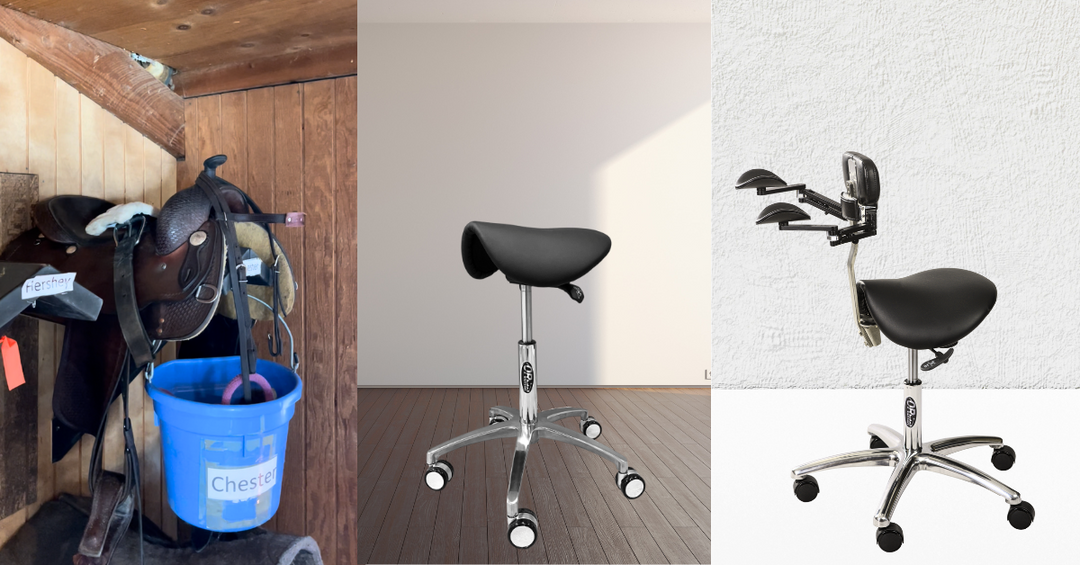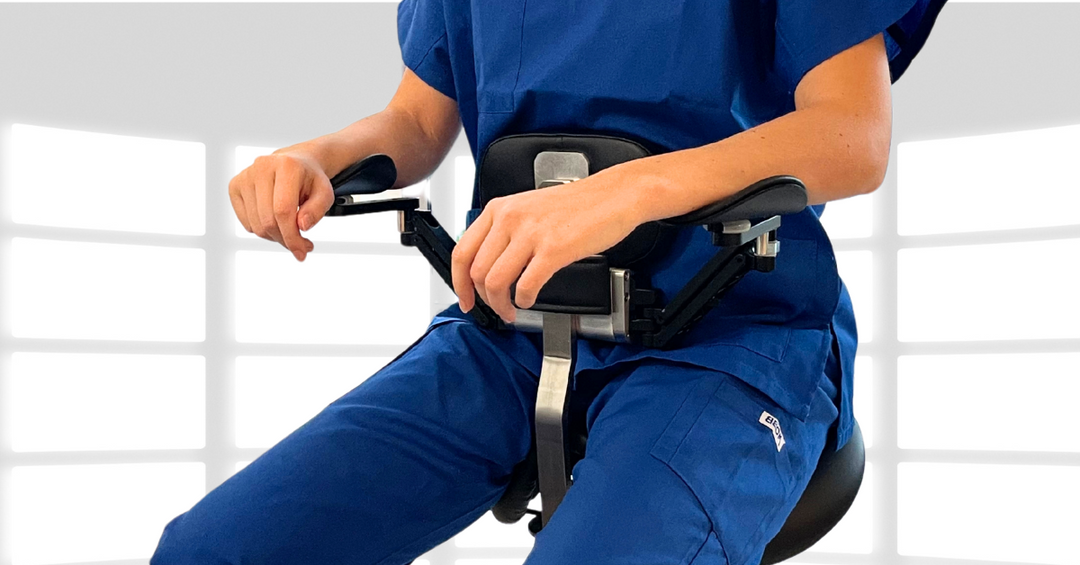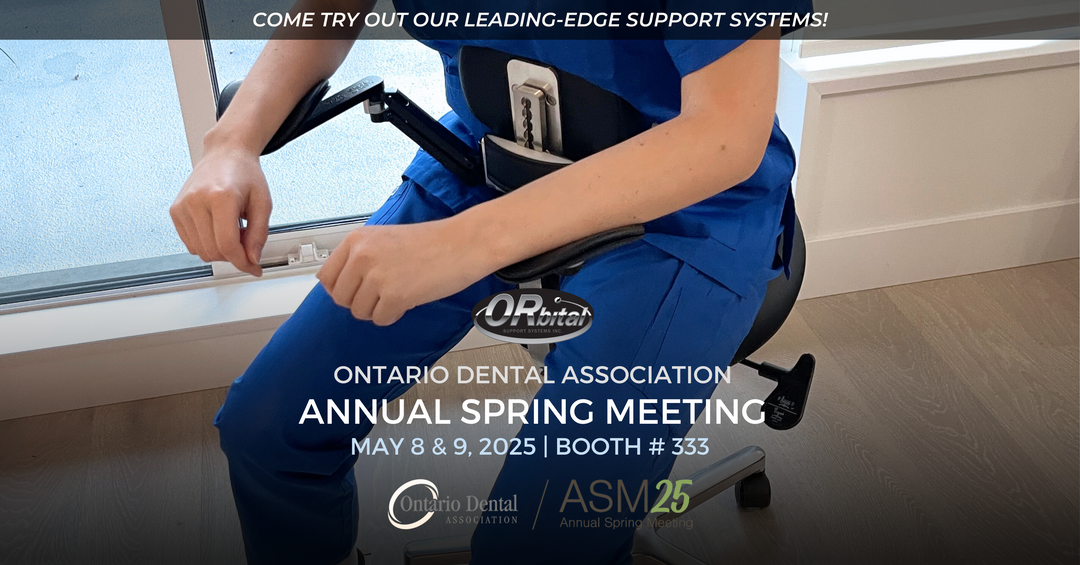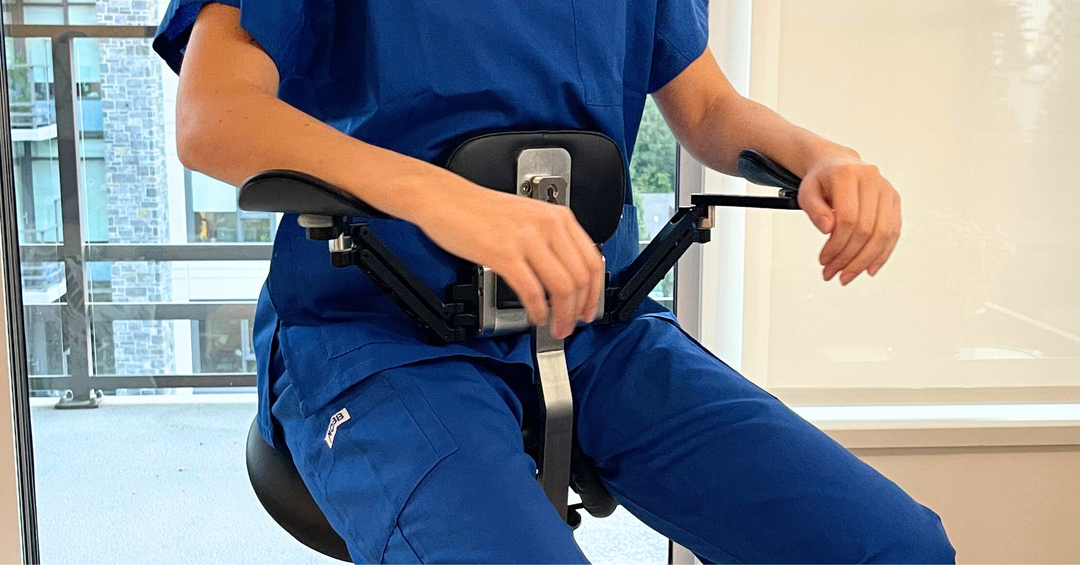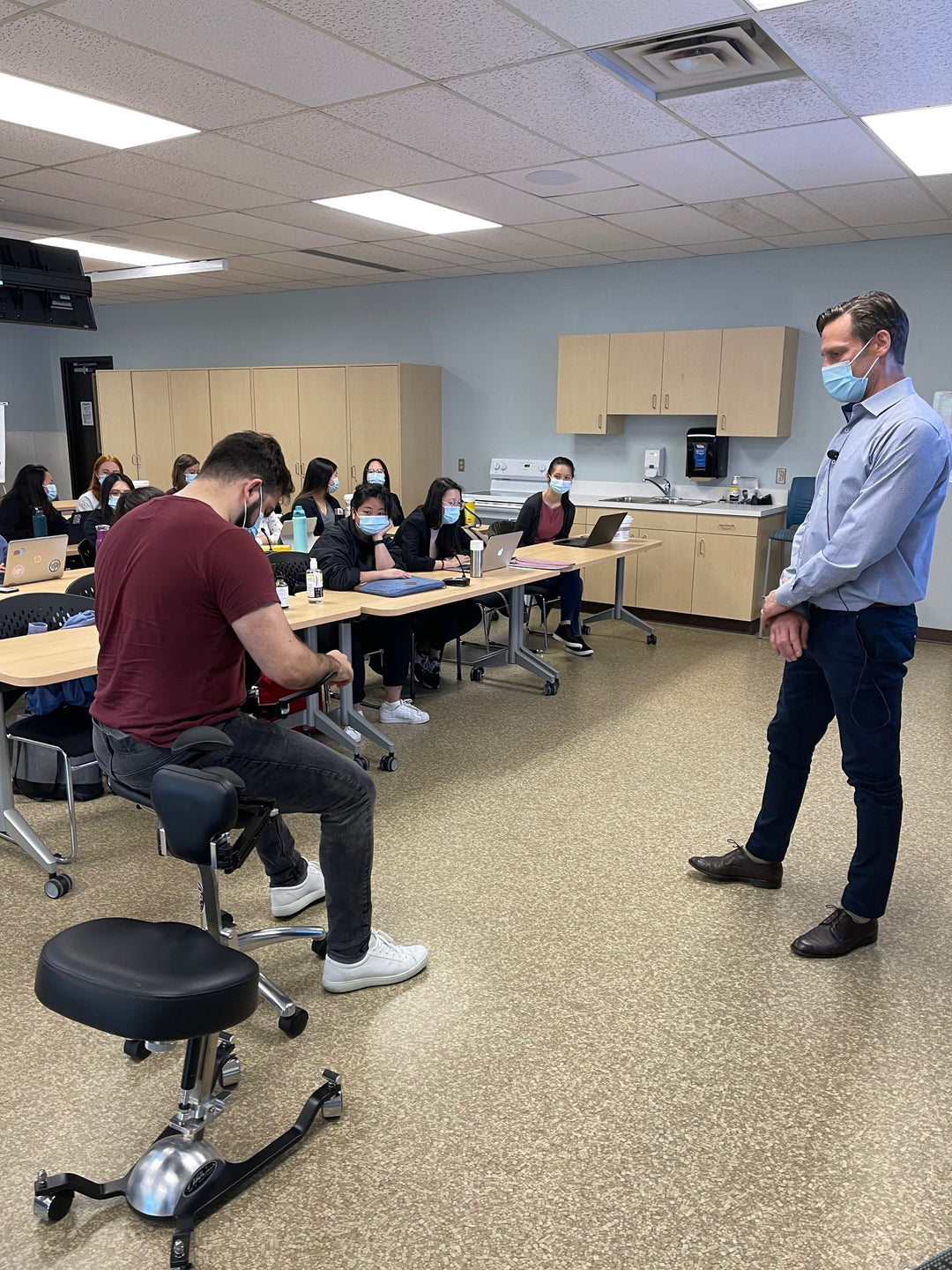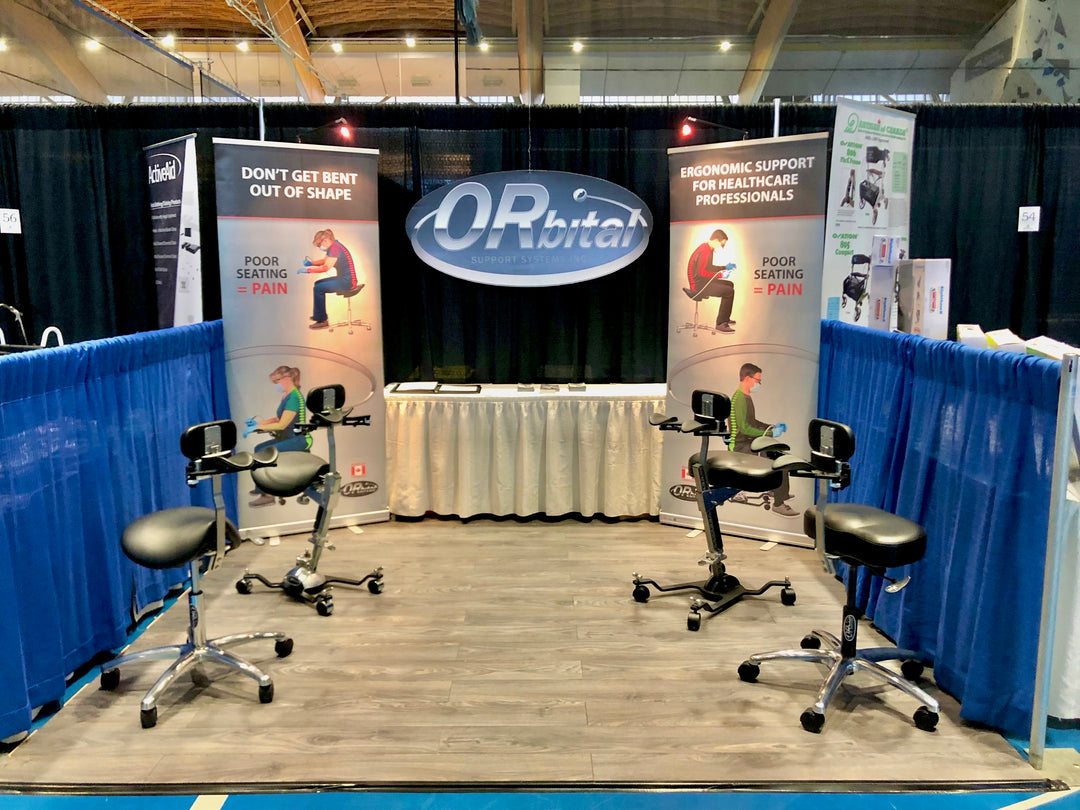Prevalence of musculoskeletal disorders in dentists
The prevalence of musculoskeletal complaints in dentists is high although relatively few studies had focus in this profession. The aim of this study was to investigate the relations between physical, psychosocial, and individual characteristics and different endpoints of musculoskeletal complaints of low back, neck, shoulders and hand/wrist.
A questionnaire survey was carried out among 430 dentists (response 88%) in Thessaloniki, Greece. Questions include data on physical and psychosocial workload, need for recovery, perceived general health and (i) the occurrence of musculoskeletal complaints in the past 12 months, (ii) chronic complaints during at least 1 month, complaints which led to (iii) sickness absence, and (iv) medical care seeking. In logistic regression analysis odds ratios were estimated for all relevant risk factors.
62% of dentists reported at least one musculoskeletal complaint, 30% chronic complaints, 16% had spells of absence and, 32% sought medical care. Self-reported factors of physical load were associated with the occurrence of back pain (OR = 1.59), shoulder pain (OR = 2.57) and, hand/wrist pain (OR = 3.46). With the exception of hand/wrist complaints, the physical factors were not associated with chronic complaints and musculoskeletal sickness absence. Physical load showed a trend with the number of musculoskeletal complaints with ORs of 2.50, 3.07 and 4.40 for two, three and four musculoskeletal complaints, respectively. No consistent influence of psychosocial factors on complaints, chronicity, sickness absence and medical care seeking was observed. A perceived moderate general health was a significant factor for chronic complaints, comorbidity and medical care seeking where high perceived exertion was significant for absenteeism. Living alone was also related with increased absenteeism due to shoulder pain (OR = 5.01) and hand/wrist (OR = 4.07).
The physical load among dentists seems to put them at risk for the occurrence of musculoskeletal disorders. More than one and severe complaints are related to perceived general health while high perceived exertion and social characteristics are associated with sickness absence. Chronic symptoms seem to determine medical care seeking. Ergonomic interventions may have a greater impact in prevention of hand/wrist complaints. When investigating the influence of work-related risk factors on musculoskeletal health, psychosocial and other personal characteristics should be taken into account.
Orbital Support Systems Dental Chairs
Full article: https://www.ncbi.nlm.nih.gov/pmc/articles/PMC441388/


